Despite massive spending, private schools outclass public schools in Matric exams
'The pass rate among private schools is around 90% while that in government schools is close to 75%.'
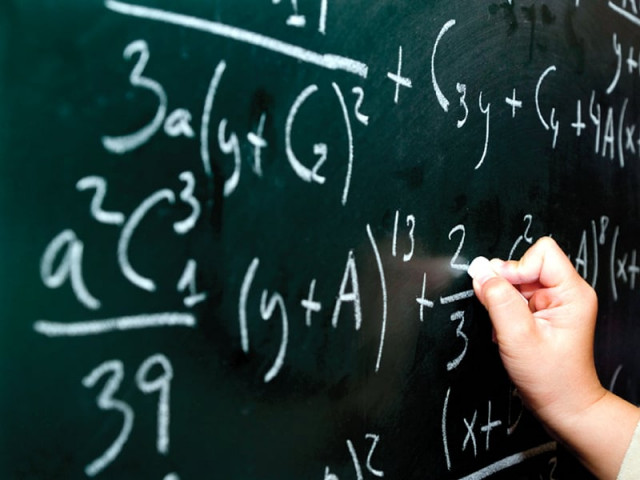
In the Secondary School Certificate (10th grade) examinations conducted by the Peshawar Board of Secondary and Intermediate Education, only one student from a government school – Hira Farooq of Government Girls High School PAF Shaheen Camp – scored a position in the top 100. She ranked 58th. The top 57 students were all from private schools.
The overall results also showed a divergence between public and private schools. While about 88% of the 59,438 students who appeared in the examinations passed, the pass percentage is skewed by the high number of private school students. “The pass rate among private schools is around 90% while that in government schools is close to 75%,” said Nadir Khan, provincial president of the Secondary Schools Teachers Association.
These results call into question the education department’s claims to have made improvements in the public education system, particularly considering the fact that many private schools charge students far less than what the government claims to spend on each student in its schools.
Students at public schools describe a culture of benign neglect by both the parents and the teachers. Usman Khan, a ninth-grade student at Government Higher Secondary School Number 1 in Peshawar said that none of his classmates scored a top position, with the vast majority not scoring above 55% in the exams. When asked about why his schoolmates performed so poorly, Usman blames a lack of parental involvement.
“In private schools, standards are high because parents are richer and have more time to ask about how their children are doing in school,” he said. “My father has never visited by school once to ask my teachers how I am doing.”
Fawad Aham, a student at a private high school who studied at public schools until eighth grade, offered a direct comparison between the two systems. “Teachers do not actually teach. They come into the class, appoint a student to write down the names of any students who make noise on the blackboard and then leave, returning only to mete out punishments to those whose names are on the board,” he said.
Attitudes in private schools differ widely, he said. “When I was at a government school, nobody asked me about my homework. But in a private school, the rules are different: our teachers regularly check our work.”
Government officials admit the problem. Addressing a gathering at the Al-Kareem Public School in his district, Charsadda District Coordination Officer Ajmal Khan said that the government was not satisfied with the results it had been getting considering the amount of money it is spending, but then blamed the teachers.
“The teachers have become involved in politics, and do not have time to actually teach the students,” he said. “A teacher should be a teacher, not a political leader.”
He gave examples of how he had visited several schools in Charsadda where not a single teacher was found conducting classes. He also asked the parents of public school students to get more involved in their children’s education.
The teachers had their share of complaints from the system. Nadir Khan, the teachers’ union leader, said that government schools offer no promotion mechanism and no refresher courses for teachers. Many do not even have furniture, he said.
Provincial government officials claim they are addressing the problems in the system. “We are providing more furniture and equipment, and getting more involved in institutional capacity building. We are revamping science education facilities, and providing incentives, particularly for educating girls and for teachers in more remote areas of the province,” said Farid Khattak, the director of the Reform Unit in the education department.
Khattak also blamed the parents of public school students. “A majority of public school students come from poor families, and their parents are not at all interested in their education,” he said. “Nonetheless, there are some shortcomings and gaps in our educational institutions that need to be improved.”


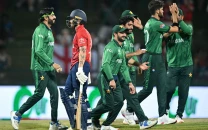
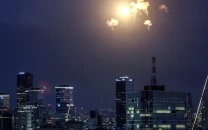
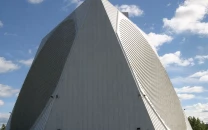

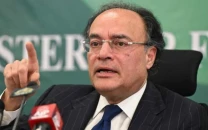






COMMENTS
Comments are moderated and generally will be posted if they are on-topic and not abusive.
For more information, please see our Comments FAQ